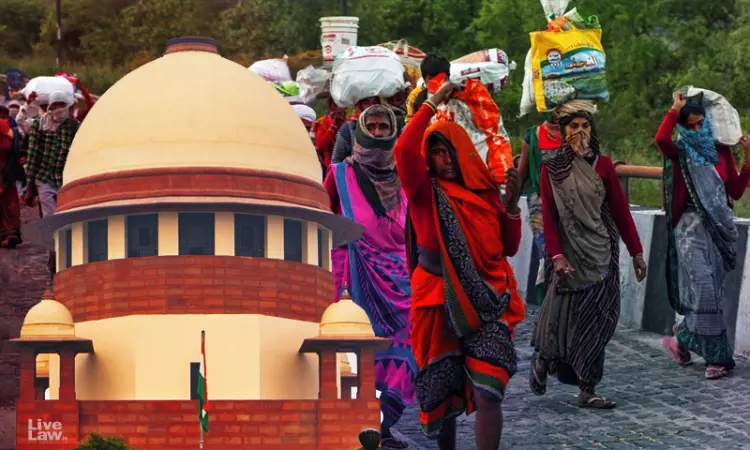'Some States Boast Of High Per Capita Income, Yet Say Majority In Poverty' : Supreme Court Asks If Scientific Criteria Is Followed For BPL
Gursimran Kaur Bakshi
19 March 2025 2:50 PM IST

The Court said that its worry was about benefits meant for the genuine poor being pocketed by the undeserving sections.
Next Story


